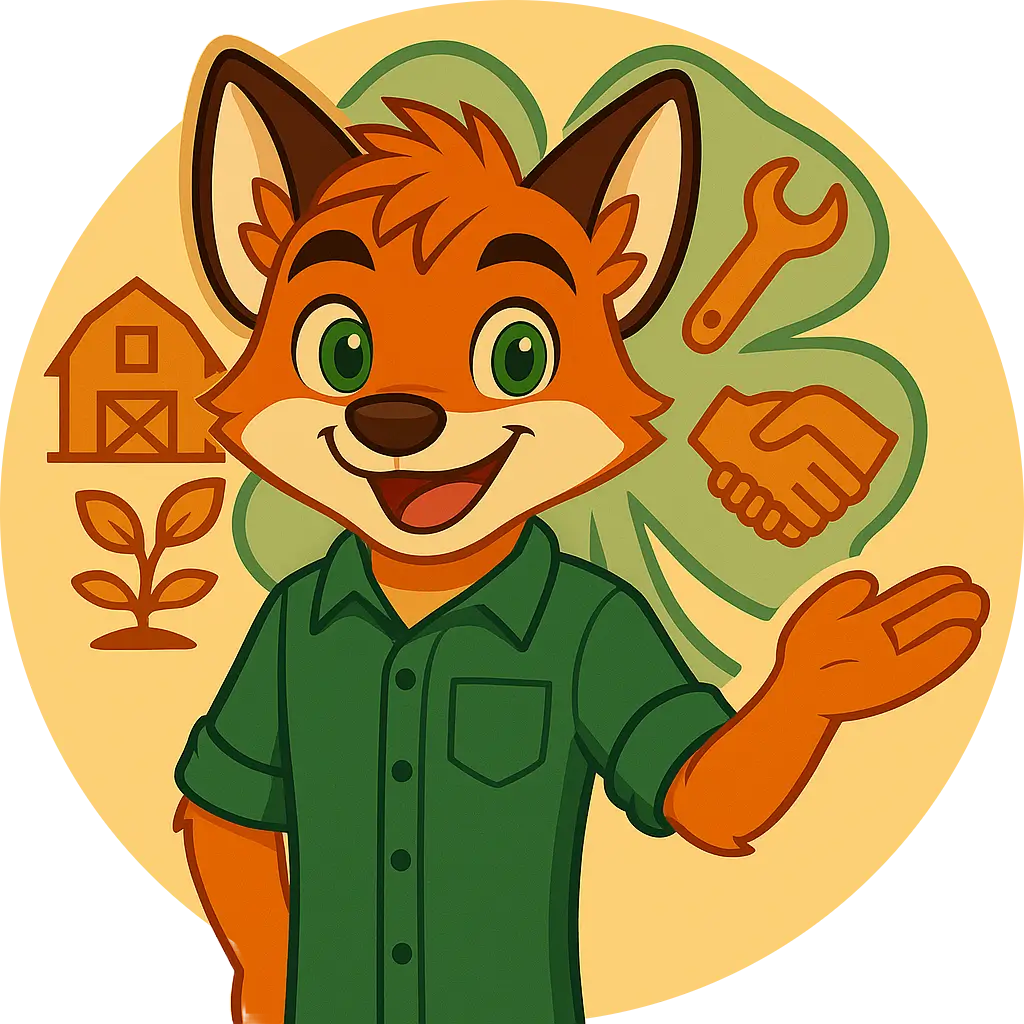



4‑H youth don’t just study the world — you build in it, think through it, and lead with it. MindWorks gives you real tools to go further, whether you’re exploring STEM, leading a club, or solving problems in your community.
See the following MindWorks pages for information about states, organizations, or products that may be relevant to 4-H.
Our products are designed to complement what 4‑H does best — empowering youth through hands-on learning, leadership, and exploration. From club projects to STEM challenges and community-based enrichment, MindWorks kits give young people meaningful ways to think critically, build skills, and lead with confidence.
Want to bring academic enrichment into your 4‑H programs without adding complexity for leaders or volunteers? Contact Us to explore how MindWorks can support your club, county, or statewide initiative.